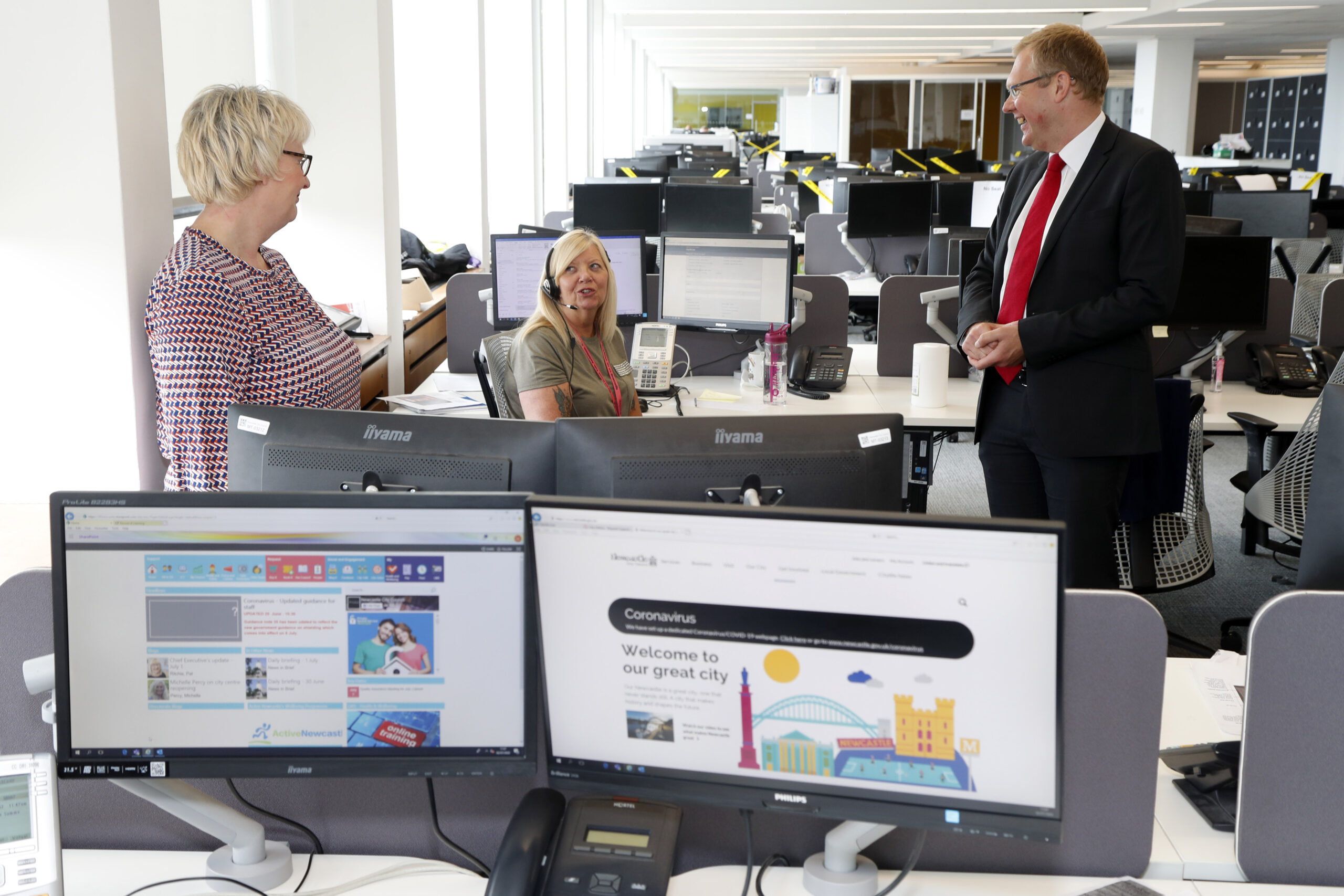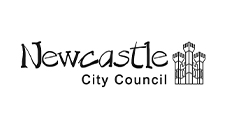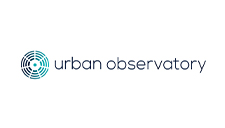Citylife Line is an emergency support service to help residents with resource shortages during the Covid-19 lockdown.
The Government response to the Covid-19 crisis in 2020 ordered people considered vulnerable to “shield” themselves, consisting of staying indoors for 12 weeks.
There were also many people in Newcastle whose individual circumstances left them vulnerable and needing further support.
The Council responded to this need by joining with Newcastle University’s Urban Observatory and Open Lab to use data analytics to help match those requesting support with providers who could meet their needs.
Solving the problem
The details of over 200 voluntary and community sector (VCS) organisations were updated and mapped. This gave clear visibility of where provisions were available and the support needs of those organisations, such as additional volunteers.
The council then launched CityLife Line in two phases. Firstly, as a phone service for volunteers whose details were intelligently matched with organisational needs as collected by OpenLab. Then, as a service offering lockdown related support to people across the city.
The project has not only managed over 4,000 requests for help, but improved council connections with food banks.
CityLife Line supplemented the national shielding programme and provided vulnerable residents with same day emergency food packages, pet food, medicines, nappies and other sanitary items.
It also used data analytics to match needs for other services such as shopping, befriending and financial advice with suitable voluntary sector providers identified earlier in the process.
Citizens could contact the service over the phone or online.
Key outcomes
Over 4,000 requests for help had been processed by July 2021.
Setting up the project also improved the council’s connections with foodbanks and proved a much greater understanding of need across the city, especially in relation to food poverty and financial insecurity.
This data and insight are now available to inform future health and wellbeing policy and practice.





